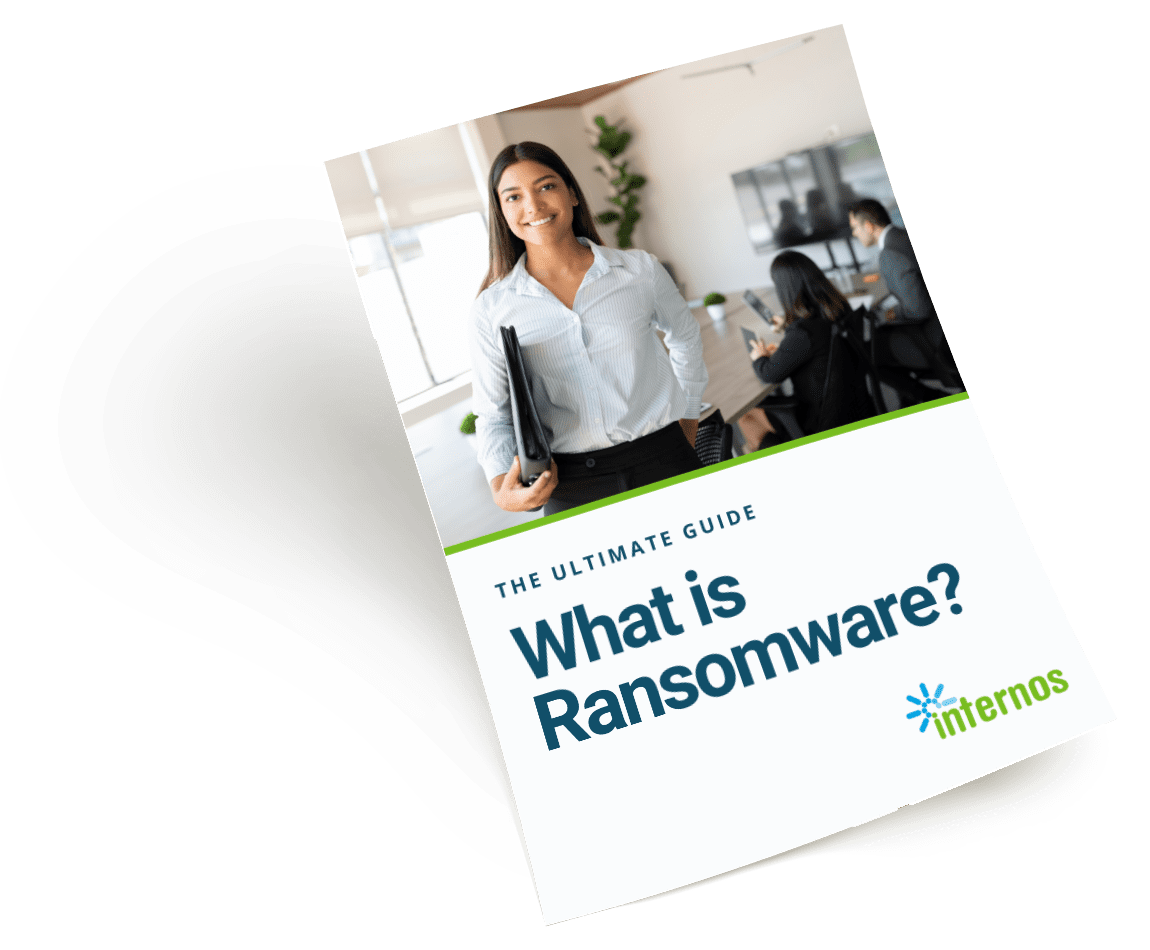
As a lawyer, you have an obligation to protect client data and uphold client-attorney privilege. As guardians of confidentiality and trust, attorneys bear the weighty responsibility of protecting their clients’ data from the ever-looming threat of cyberattacks by investing in cybersecurity for law firms.
Cyber incidents and data breaches have become all too common, putting both clients’ privacy and firms’ reputations at risk. Hackers are increasingly targeting law firms with limited cybersecurity defenses, drawn by the treasure trove of valuable information they hold.
You’re well aware of the data available at your fingertips; from confidential documents to trust accounts brimming with clients’ funds, you and your law firm are prime targets for theft and ransom demands.
Consider how 2023 marked the year of cyberattacks against law firms. Three of the top 50 law firms in the world, Kirkland & Ellis, K&L Gates and Proskauer Rose, were breached by the ransomware group Clop.
When breaches like these occur, firms face a harrowing choice: succumb to the hackers’ demands and suffer substantial financial losses, or resist and risk their clients’ confidential information being exposed to the world.
Beyond the financial repercussions, firms may also find themselves legally obligated to protect specific types of information, such as personal health data under HIPAA regulations or state-specific mandates like New York’s SHIELD Act.
Needless to say, the fallout from a data breach can be catastrophic, resulting in hefty fines, legal ramifications and irreparable damage to a firm’s reputation. The sobering reality is clear: No one, regardless of size or specialization, can afford to overlook cybersecurity for law firms.
Common (Misguided)Reasons for Not Investing in Cybersecurity
Despite the undeniable importance of cybersecurity, many law firms hesitate to invest in robust protection measures. Let’s debunk some common excuses often cited for not prioritizing cybersecurity and why these decisions are misguided:
1. “It’s too expensive.”
This is a prevailing concern among firms, but the cost of a data breach far outweighs the investment in cybersecurity. IBM’s Cost of a Data Breach Report revealed that half of the breached organizations are hesitant to increase their cybersecurity budget. However, failing to allocate adequate resources to cybersecurity can result in substantial financial losses, legal liabilities and damage to reputation.
The bottom line? Prevention is far more cost-effective than dealing with the aftermath of a breach.
2. “It will interfere too much with our operations.”
Some firms fear that implementing cybersecurity measures will disrupt their day-to-day operations. While integrating new security protocols may require adjustments, the benefits far outweigh any temporary inconvenience.
Cybersecurity measures can be tailored to minimize disruptions, ensuring that operations remain smooth while safeguarding sensitive data.
One final note: What’s more inconvenient, implementing MFA and security protocols, or dealing with the aftermath of a ransomware attack, paying the ransom and then paying for disaster recovery and forensics?
3. “We’re not really a target for cybercriminals.”
It’s a common misconception that only large corporations or high-profile organizations are targeted by cybercriminals. In reality, law firms, regardless of size, are prime targets due to the valuable client information they possess.
Cybercriminals often view law firms as lucrative targets for financial gain or to access sensitive legal data for malicious purposes.
4. “Our employees already have security fatigue; this will make it worse.”
Employee fatigue with security protocols is a legitimate concern, but it shouldn’t deter firms from prioritizing cybersecurity. Instead, firms should focus on streamlining security measures and providing comprehensive training to mitigate fatigue.
Empowering employees with the knowledge and tools to protect sensitive information can alleviate security concerns and foster a culture of vigilance.
5. “Legal ethics rules don’t require this.”
While legal ethics rules may not explicitly mandate specific cybersecurity measures, lawyers have a professional obligation to safeguard client confidentiality and protect sensitive information. Ignoring cybersecurity best practices could potentially violate ethical duties and expose firms to legal liabilities.
In addition, regulatory requirements and industry standards increasingly emphasize the importance of cybersecurity, making it a prudent investment for firms to uphold their ethical obligations.
Analyzing Your Security Posture
So, what steps can law firms take to fortify their cyber defenses and safeguard their clients’ sensitive data?
First and foremost, conducting regular risk assessments is essential. By identifying vulnerabilities and weaknesses proactively, firms can take preemptive measures to mitigate potential threats.
Hiring a third-party expert to conduct an independent audit can provide invaluable insights into cybersecurity gaps and help formulate a robust incident response plan. Additionally, obtaining security certifications like ISO 27001 can reassure clients and demonstrate a firm’s commitment to data security.
Cybersecurity insurance is another critical component of a comprehensive defense strategy. While insurance cannot undo the damage of a breach, it can alleviate some of the financial burdens associated with recovery efforts and legal proceedings.
Developing a tailored cybersecurity policy is another important step. These documents should outline protocols for data retention, incident management and employee training.
Utilizing cutting-edge cybersecurity tools is vital for staying one step ahead of cyber threats. From robust firewalls to encryption protocols to cloud services, firms must leverage the latest technologies to safeguard their data.
So, how can you find the right managed service provider to fit your firm’s needs?
When selecting practice management providers, firms should prioritize cybersecurity features. Look for providers who adhere to industry best practices, comply with regulatory standards and undergo regular security audits.
Cybersecurity for Law Firms: Your Trusted Partners
While it’s impossible to guarantee immunity from cyberattacks, law firms can take proactive steps to bolster their cybersecurity defenses. By prioritizing cybersecurity and partnering with trusted vendors, firms can uphold their duty to protect their clients’ information and preserve the trust and integrity of the legal profession.If you’re in the market for a trusted cybersecurity partner with two decades of legal technology experience, contact us or book a meeting today.

